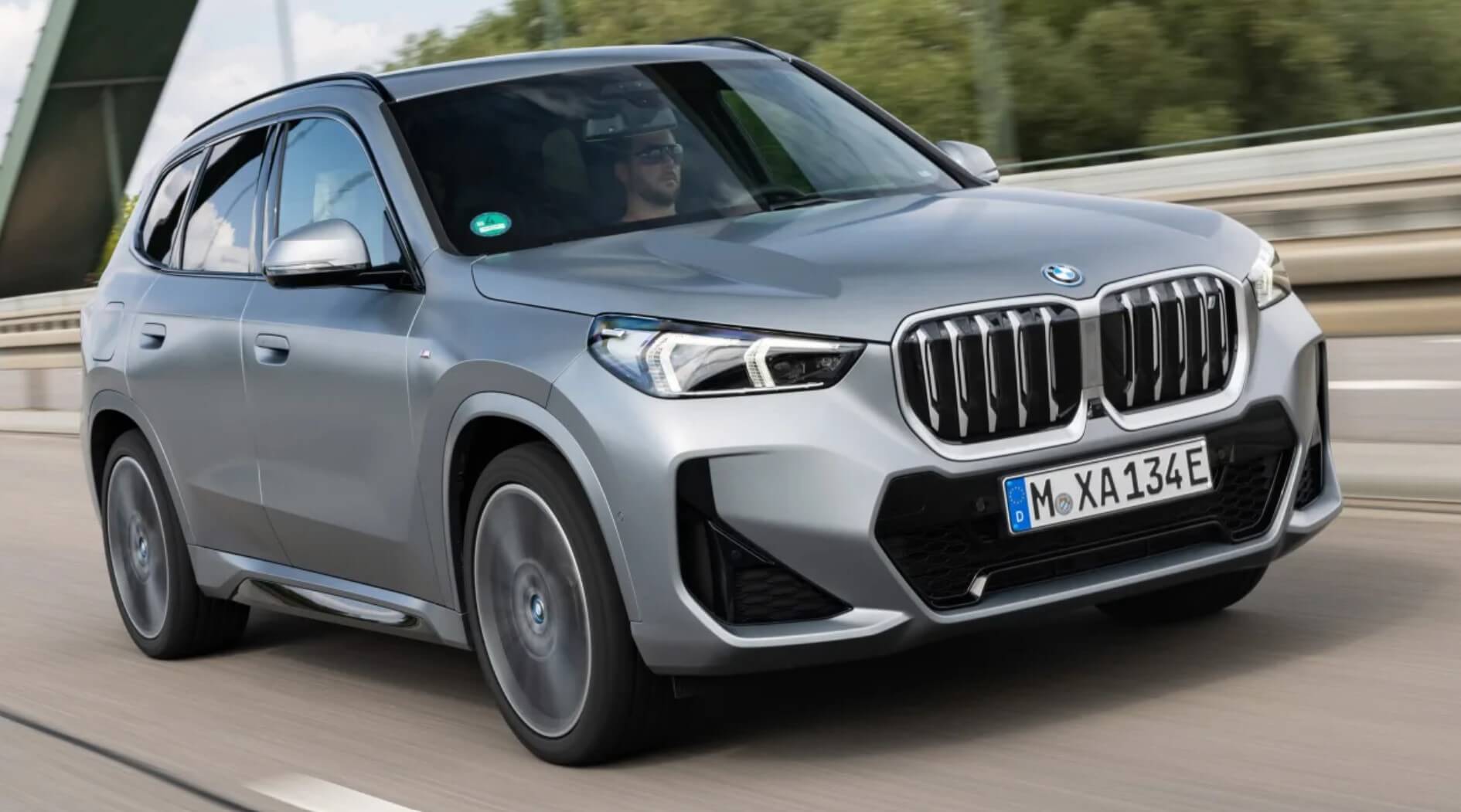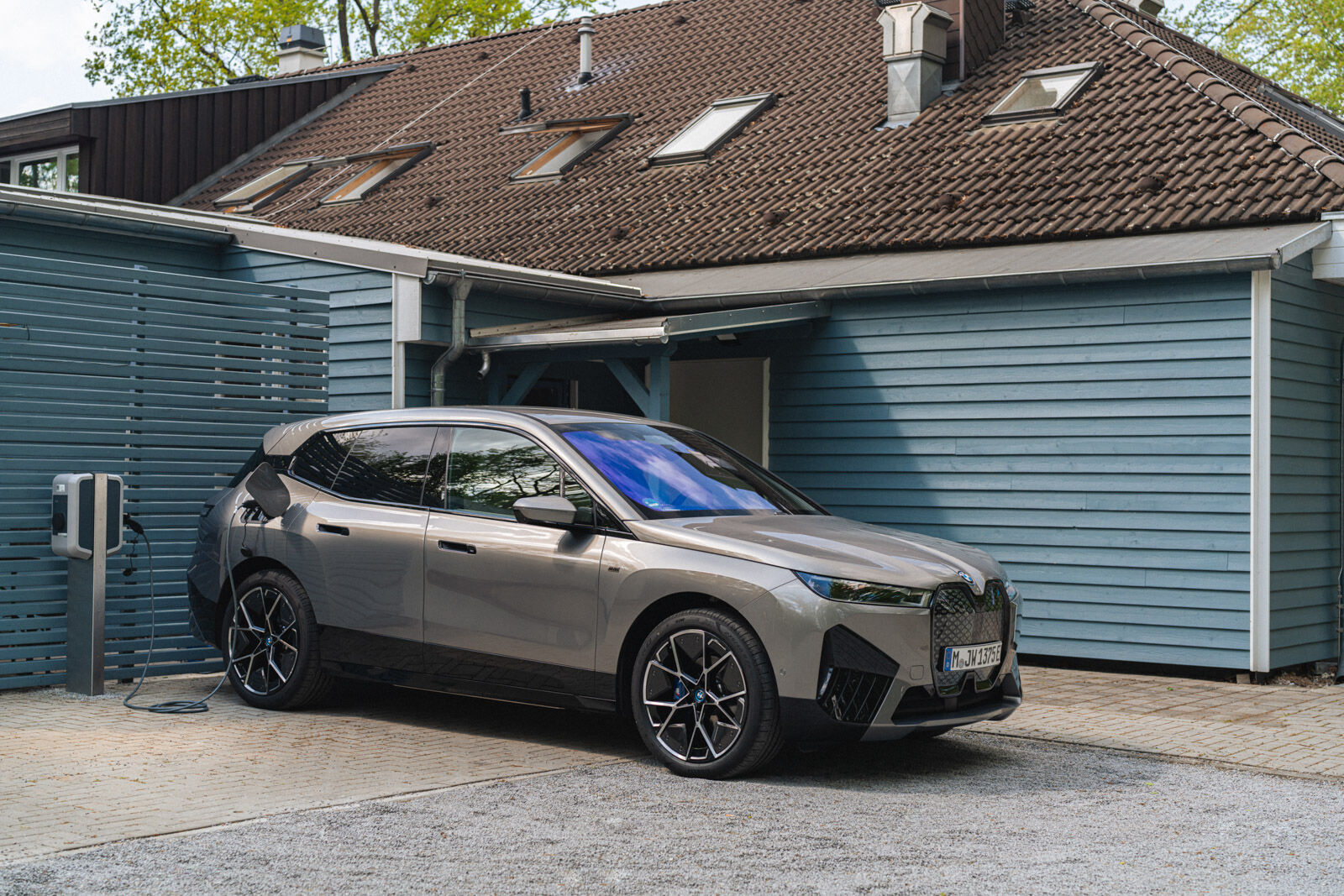BMW’s attention to sustainability make it a force to be reckoned with.
Will battery technology be the end game for sustainable cars or will it eventually be overtaken by other alternatives?
Either way, the vast quantity of research done to date points to the fact that battery storage is the most efficient way of using electricity on the move simply, because it doesn’t involve converting it from one energy carrier to another (like hydrogen, for example).
BMW added to the stream of announcements in September, with news of a switch in battery cell design and a ramping up of manufacturing capacity. It opened the Battery Cell Competence Centre in Munich in 2019 and over the years has built up a network of 300 partners, ranging from companies to universities. For its sixth generation of battery, it’s changing both the format and the chemistry, improving volumetric energy density (how much energy is crammed into a given space) by 20 per cent and charging speed and range by 30 per cent.
The change in format is from prismatic (rectangular-shaped) cells to cylindrical cells, in two different lengths but both 46mm in diameter. The new cells contain more nickel and less cobalt on the cathode (positive electrode) than before and more silicon in the anode (negative electrode). More silicon suggests faster charging, and since the batteries will all form part of 800V drivetrain systems, it’s perhaps not surprising that the new class of battery will do that, with the 10-80 per cent charging time reduced by 30 per cent.
As well as the usual improvements in capacity and performance, the cells should lead to more sustainable batteries and include recycled raw materials. Suppliers will include recycled cobalt, lithium and nickel in the cells and make them using only renewable energy. The aim is to reduce the carbon footprint of the cell manufacturing process by as much as 60%. Given the controversy surrounding materials used in lithium ion batteries, the ultimate aim is to use fully recyclable cells.
For now, BMW will only allow the use of lithium and cobalt taken from certified mines and has promised a no-secrets approach to the extraction methods used in the production of its batteries.
The good news for sceptics is that there’s a commercial benefit in doing that from an energy security point of view – so there’s plenty of incentive. Further gains in cost effectiveness lie in the fact that the cells are easier and quicker to make. Developing a certified network of sources should avoid supplies drying up due to geographical or political reasons.
This latest generation of batteries can also be produced using lithium iron phosphate (lithium ferrophosphate or LFP), getting rid of the cobalt and nickel content altogether. LFP is commonly used for leisure batteries (think camper vans and off-grid domestic solar systems). Advantages are high charge and discharge efficiency, safety, long life and not being adverse to deep cycling. Beyond that, we should see a BMW demo vehicle sporting a development-level solid-state battery before 2025, with series production expected by 2030.
Automotive Daily





